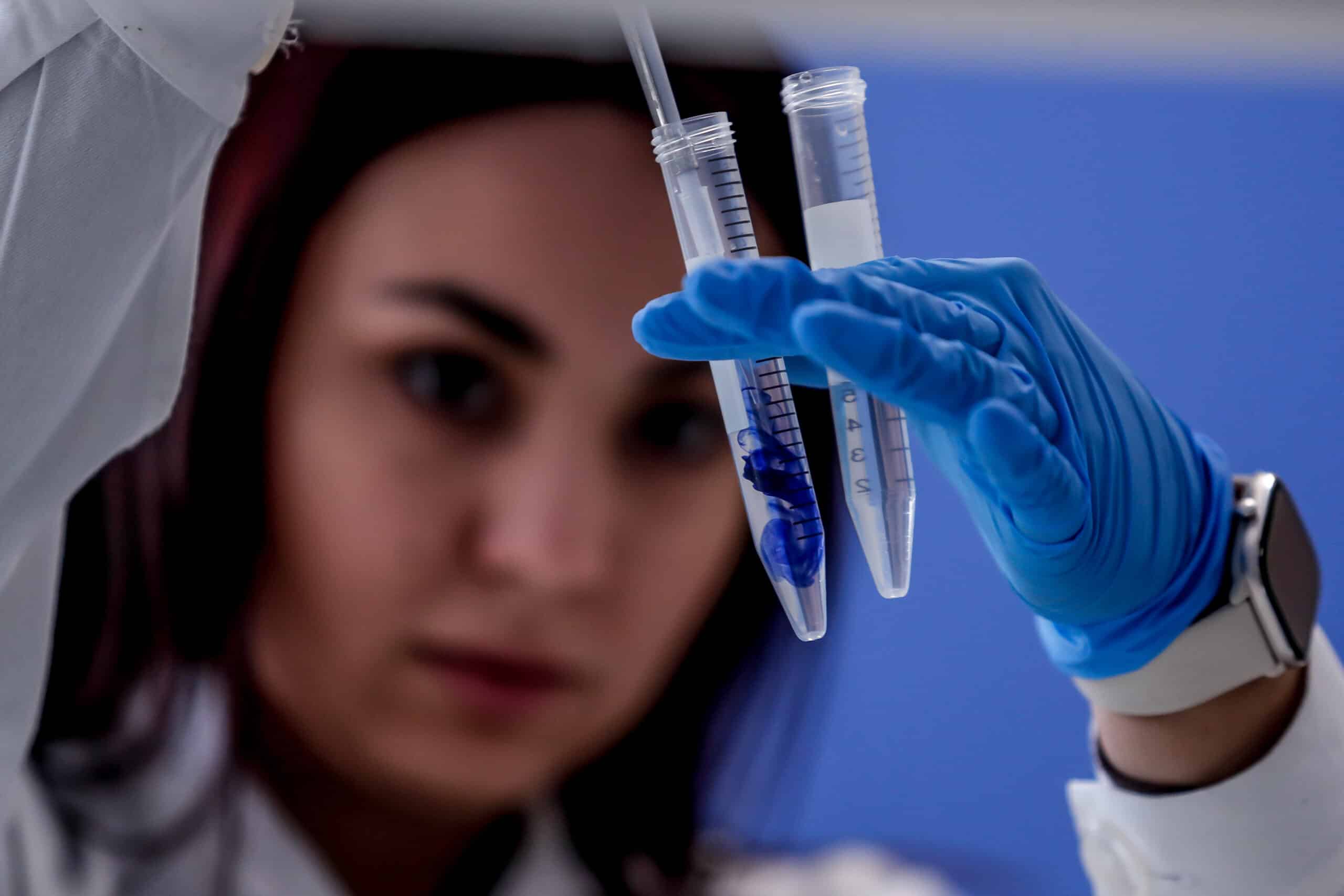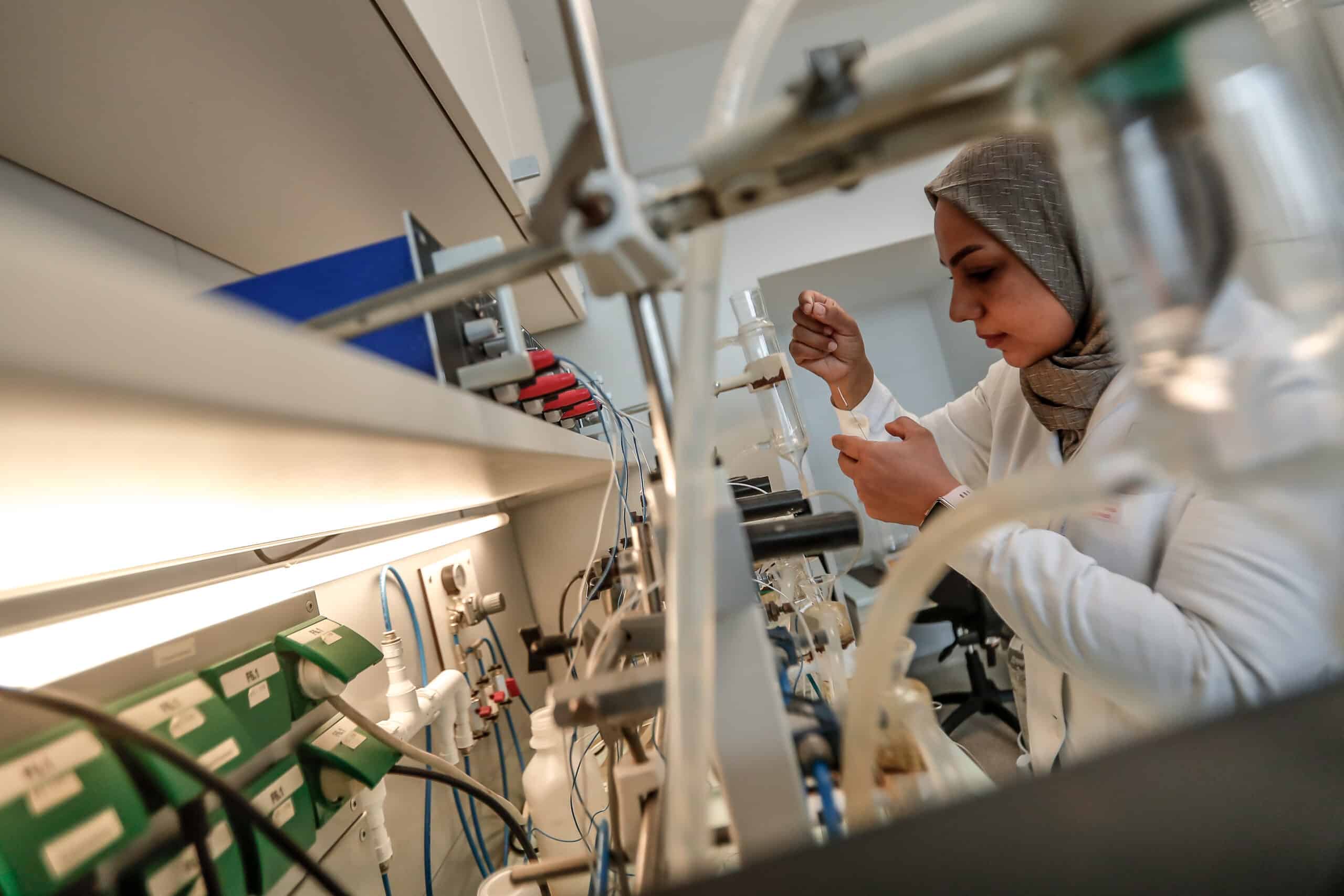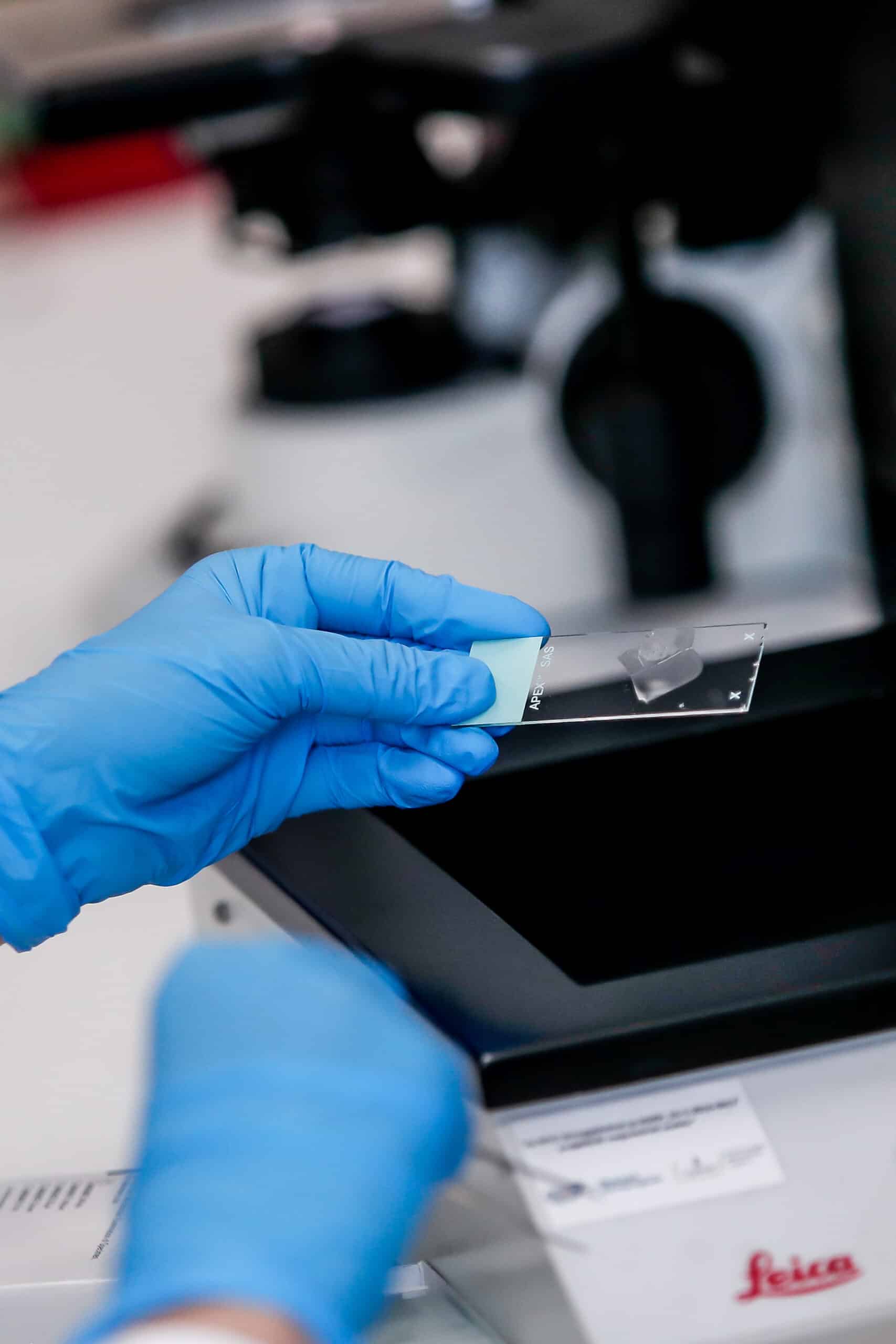| Grant: | Lendület I. Program (LP-2021-14) |
| Funding amount: | HUF 180,002,000 (2021–2026) |
| Duration: | December 1, 2021 – November 30, 2026 |
| Principal Investigator: | Zoltán Varga, MD, PhD |
Summary
The intersection between cardiovascular and oncological diseases has become an increasingly important research focus, especially with the introduction of novel immunotherapeutic cancer treatments. Although these therapies represent a breakthrough in oncology, they can also cause severe side effects such as myocarditis, heart failure, and accelerated atherosclerosis. Our research aims to understand how these treatments damage the heart, identify the most vulnerable patients, and explore preventive or therapeutic solutions. Additionally, we investigate why certain cancers occur more frequently in heart failure patients and how current heart failure treatments influence cancer risk. This project aims to explore the molecular links between cardiological and oncological diseases. A key focus is on the cardiotoxic effects of immune checkpoint inhibitors, which are widely used in cancer therapy but can lead to myocarditis and heart failure. We seek to identify patient populations at risk for these toxicities and to develop clinically applicable therapeutic strategies. Furthermore, we aim to uncover why heart failure patients are more susceptible to certain cancers and assess which heart failure medications might beneficially influence cancer risk. Our findings will contribute to more effective management of both cardiovascular diseases and malignancies, addressing a major public health challenge.
Key Researchers, Collaborators, Universities, Companies
The research is conducted at the Institute of Pharmacology and Pharmacotherapy with support from the Hungarian Academy of Sciences, led by Zoltán Varga, MD, PhD. The project involves collaboration with clinical and basic research partners from cardiology, oncology, immunology, and pharmacology disciplines.
Methods and equipments used
We employ advanced molecular and cell biology techniques, including gene expression profiling, proteomics, in vitro and in vivo models, and analysis of clinical samples. These methods enable a comprehensive investigation of the mechanisms underlying cardiotoxicity and tumor development.
Pictures
Mission and benefits
The project aims to elucidate the cardiotoxic effects of cancer therapies and develop new strategies for their prevention and treatment. The research supports more effective management of cardiovascular diseases and cancer, aligning with the strategic goals of the Hungarian Academy of Sciences and the university, which emphasize innovative research on major public health challenges and translational medicine.


